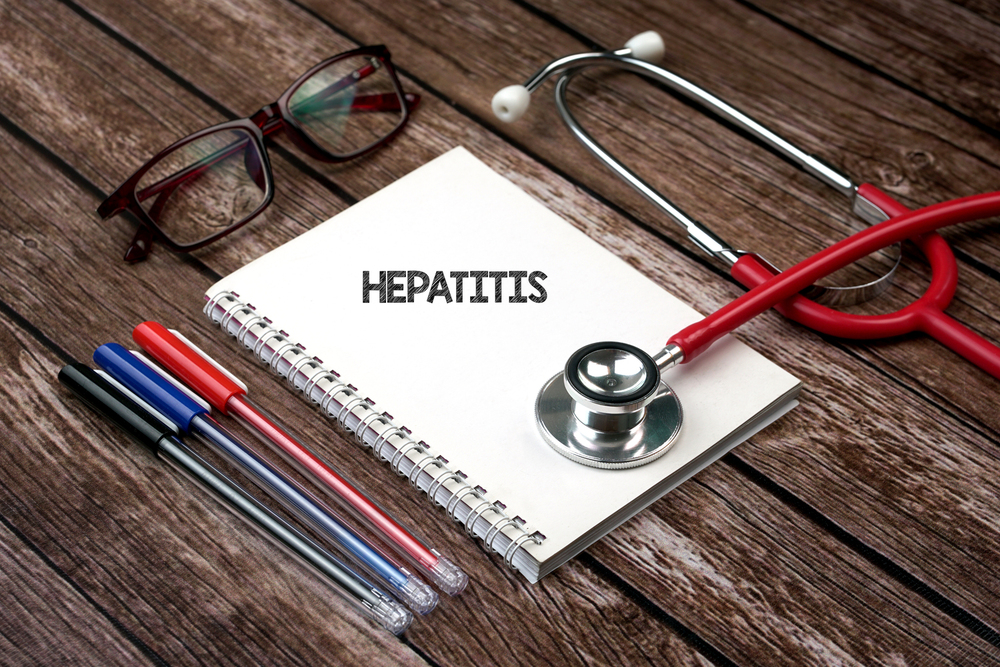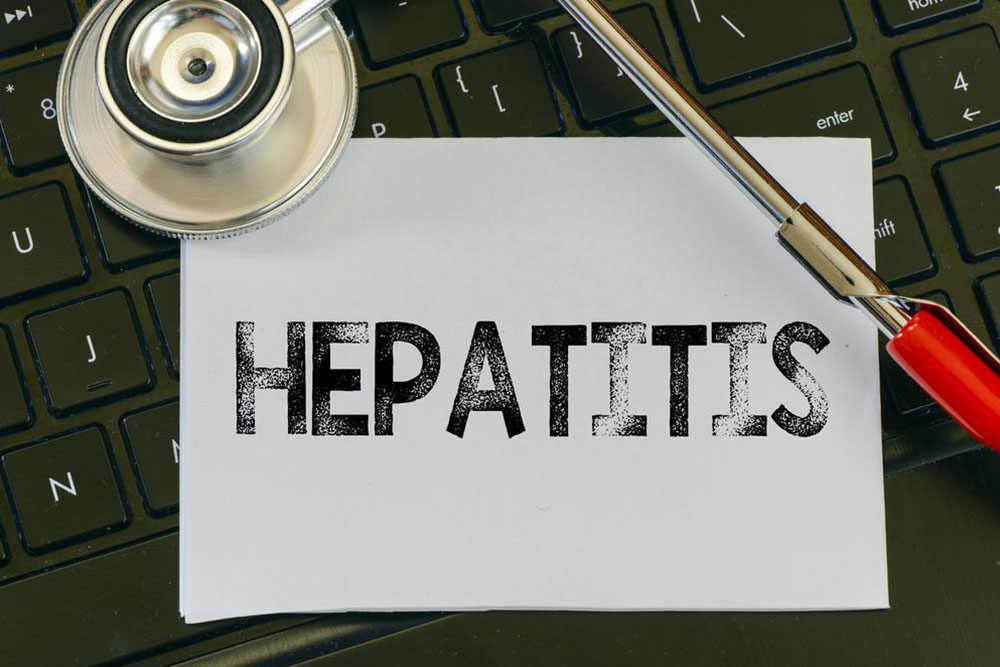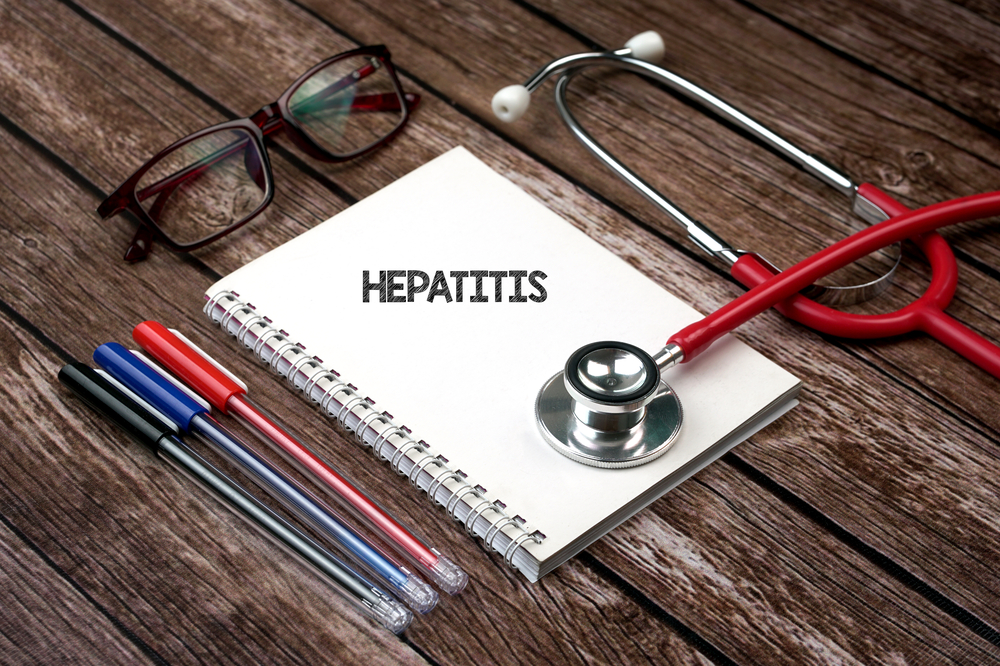Effective Preventive Strategies to Avoid Hepatitis Infection
Learn simple yet effective strategies to prevent hepatitis infection. This guide covers hepatitis types, transmission routes, vaccination options, lifestyle tips, and hygiene practices to help you stay healthy and protect your liver from infection risks.

Effective Preventive Strategies to Avoid Hepatitis Infection
Hepatitis is one of the most rapidly spreading viral diseases worldwide, characterized by inflammation of the liver that can impair its function. This condition may lead to serious health issues and affect daily life. While it can be life-threatening, taking simple precautions can dramatically lower the risk of infection. Keep reading to learn essential measures to protect yourself from hepatitis.
Understand hepatitis types and transmission routes
Knowing the different hepatitis strains and how they spread is crucial. For example, hepatitis A spreads through contaminated food and water via fecal matter, while hepatitis B mainly transmits through sexual contact, contact with infected bodily fluids, or blood.
When traveling, ensure water sources are safe and uncontaminated. Avoid drinking tap water, and refrain from brushing your teeth or rinsing the mouth with suspicious water. Similarly, avoid consuming raw produce washed or stored in potentially contaminated water from pools, lakes, or rivers.
Maintain liver health
Excessive alcohol intake damages the liver, increasing infection risks. A fatty diet can cause fatty liver disease, progressing to cirrhosis. Reducing alcohol and unhealthy fats supports liver strength, decreasing susceptibility to hepatitis.
Get vaccinated against hepatitis
Vaccines protect against hepatitis A and B, which are the most common forms. Immunization offers a highly effective safeguard, especially for high-risk groups, reducing the chance of infection significantly.
Practice safe sex and avoid sharing needles
Using protection during sex and not sharing needles are vital steps to prevent hepatitis B transmission. Always get tested before blood transfusions to ensure blood safety.
Wash your hands regularly
Consistently washing hands with soap reduces the spread of hepatitis via oral and fecal routes, effectively preventing infection transmission.
Preventing hepatitis requires awareness and proper habits. Understanding transmission modes allows you to adopt effective precautions and stay protected.










